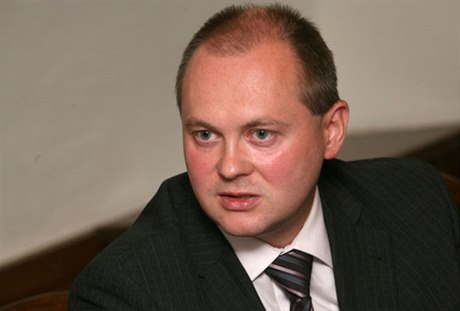Proposals from the Ministry for Regional Development (MMR) to cut the number of operational programs delivering EU funds, including those operated by regions, have stirred up a wave of opposition in the provinces.
The MMR wants the cut in the number of programs aimed at improving the EU’s underdeveloped regions to take effect for the EU’s next budgetary period from 2014-2020. It argues the step would help simplify checks on the programs, which have recently been subject to scandals, especially those administered at regional level.
Operational programs are the main means of delivering EU structural funds with responsibility currently shared between national governments and regions for managing the programs.
But administration and distribution of EU funds is important to the Czech Republic’s 14 regions, including Prague, both for reasons of prestige and power as well as the funding flow that they can direct. So the regions have mounted an offensive against the ministry plans to cut back regional programs from the current seven out the total 26.
“We would like to create links between the individual priorities. We are counting on the fact that there would not be more than five to seven,” MMR deputy minister Daniel Braun told Czech Position.
The ministry’s intentions still have to be cleared by the government, which is expected to deal with the dossier in July. Input from the government’s economic think tank, NERV, the Ministry of Trade and Industry (MPO), and whether the proposal is in line with the government’s regional development strategy is still awaited. In any case, some changes look inevitable with unofficial talks with European Commission officials suggesting that the next EU budget will not be so generous are regards operational program funding.
Rotten boroughs?
Recent corruption scandals over the use of EU operational funds have largely centered on those being administered by regions. The Finance Ministry, which is responsible for auditing all Czech programs, has reacted by halting the ability of three regions to clear projects.
Recent corruption scandals over the use of EU operational funds have largely centered on those administered by the regions.
The most serious scandal erupted in the Ústí nad Labem region where police detained the director of the regional council responsible for administering EU funds in the Úst and Karlovy Vary regions. Petr Kušnierz and six other people were charged with taking bribes in return for influencing the final choice of projects which would win EU funding.
As well as pragmatic issues about supervision, the battle over who administers the operational programs is also spiced up by internal political battles in the Czech Republic. Outside Prague, the regions are governed by the main opposition center-left Social Democrats (ČSSD), which interpret the proposed changes as a move by the center-right coalition government to curb their power and influence.
“We are sticking by the argument that the Regional Operational Programs (ROPs) will continue in the future. In recent years, they have been a unique structure that taught how to administer, pump and monitor all programs within the ROP framework,” commented the regional governor of South Moravia, chairman of the Association of Regions (AKČR) and second in command of the ČSSD party, Michal Hašek, at the end of March.
The Social Democrats’ main negotiator with the European Commission and governor of the Pardubice Region, Radko Martínek, is also opposed to any cut in the number of ROPs, which between 2007 and 2013 should distribute around €4.6 billion, or Kč 111 billion. He says funds must meet specific regional needs in order for them to be drawn in the first place. “The help must be targeted; it must tailor made for specific regions,” he commented last month.
If the government does clear the curb on the number of operational programs, the MMR will still have to find future instruments for ensuring EU funds are effectively used and programs properly managed. In other words, some overall management of the operational programs will have to be put in place. Experience from the current and previous programs has shown that some reinforcement of those capacities regarding so-called non-subsidy programs, such as soft business loans, and loans to local towns and councils. “The plus here is that the money is paid back and can be used again,” Braun said.
The MMR is looking for inspiration toward the seed fund which is being prepared by the MPO to help businesses. The fund draws on cash from EU funds, the state budget and private finance. If it is shown to work in practice, then the seed fund could be the model for the MMR to follow for pumping and managing EU funds.





